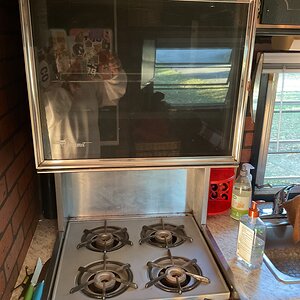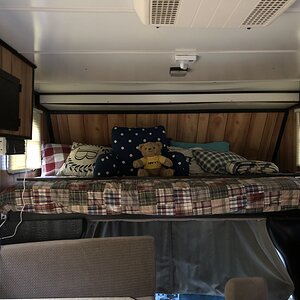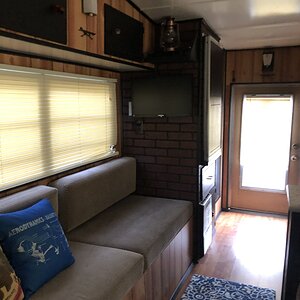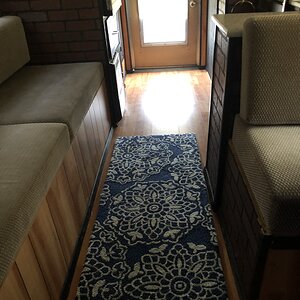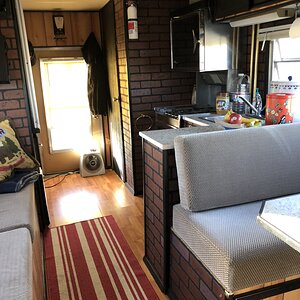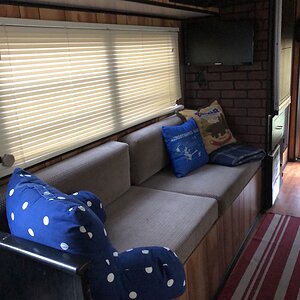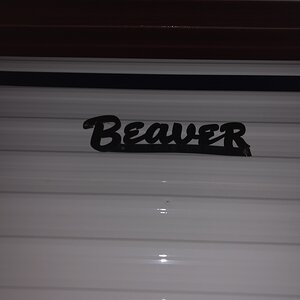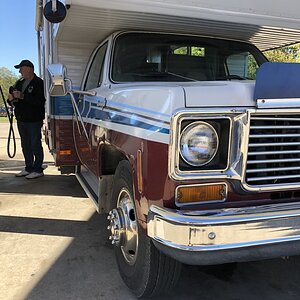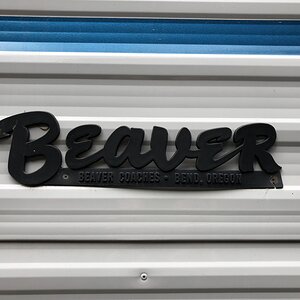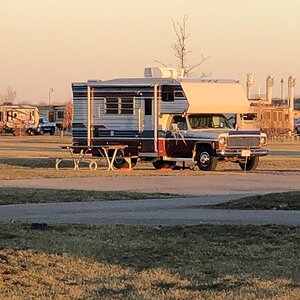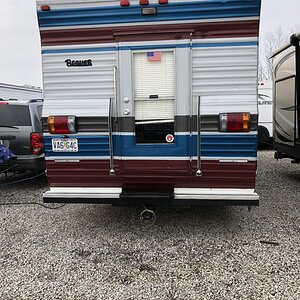- Joined
- Jul 27, 2019
- Messages
- 11,572
- Location
- Midlothian, VA
- RV Year
- 2017
- RV Make
- Newmar
- RV Model
- Ventana 4037
- RV Length
- 40' 10"
- Chassis
- Freightliner XCR
- Engine
- Cummins 400 HP
- TOW/TOAD
- 2017 Chevy Colorado
- Fulltimer
- No
I'm seeing several campgrounds now with ethernet jacks next to the coax connections. Assuming this is for Internet which I'm not sure if it's in use now or not, I haven't asked, I think it's a good thing if this is the trend. Doing away with Wi-Fi and moving to cable connected Internet would be nice. Obviously there is the issue with getting from the pedestal to something internal that can use it. Time will tell but it's caught my attention a few stops now.

